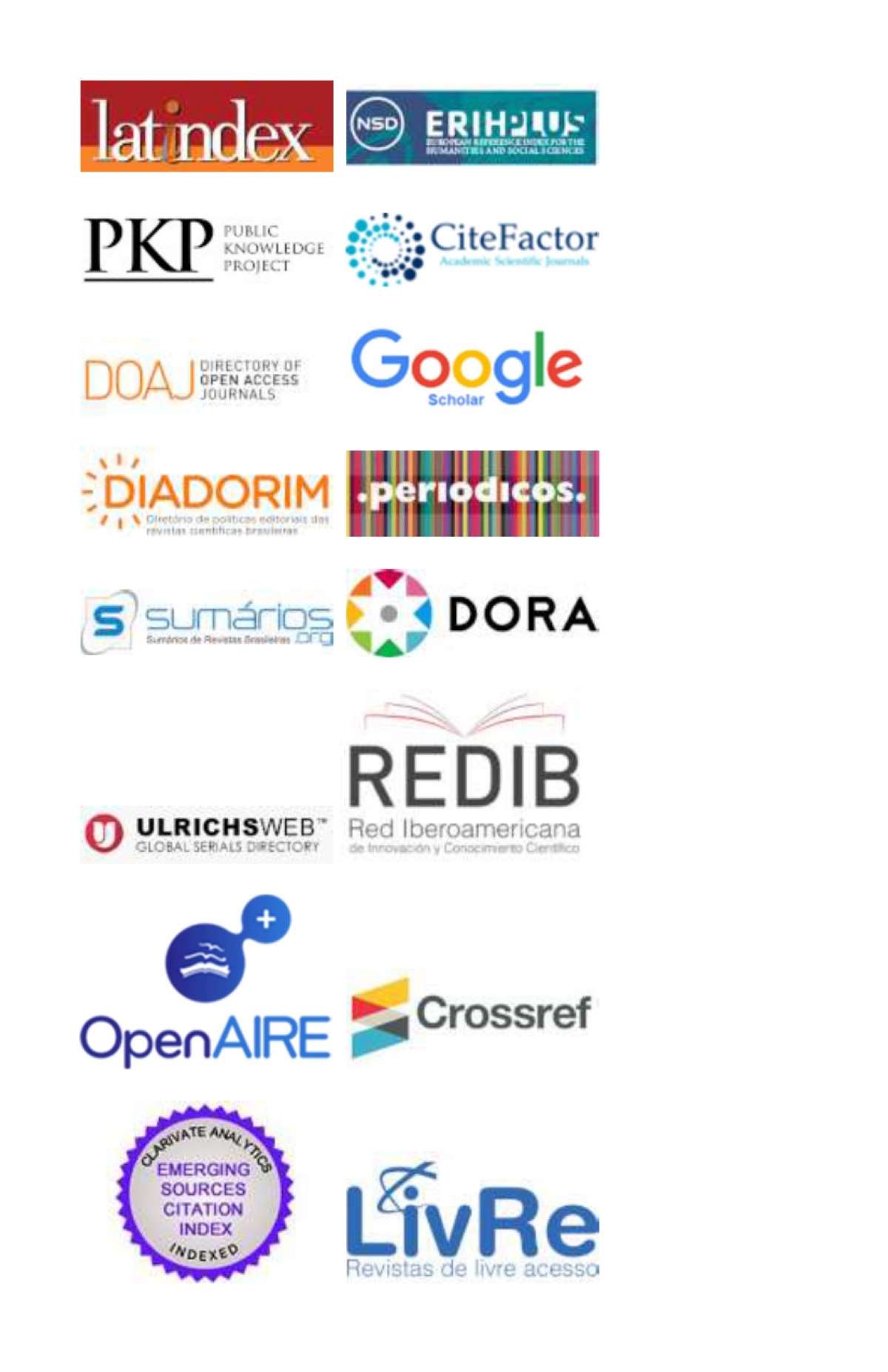THE INSTITUTIONAL DRAFTING OF INDUSTRIAL POLICIES: TAX INCENTIVES GRANTED FOR THE AUTOMOBILE INDUSTRY AND ITS COMPENSATIONS
DOI:
https://doi.org/10.21783/rei.v6i1.385Keywords:
Tax incentives, Automotive sector, Individual compensationsAbstract
Recognizing the permanent adoption of tax incentives to the automotive sector, the aim of this study is to verify if the most relevant tax incentive rules granted to companies in the last 30 years prescribe any individuals compensation, according to constitutional commands. In order to do so, we will analyze four experiences that have occurred in the last decades: (i) the incentives derived from the Automotive Sectorial Chamber implemented between 1991 and 1992; (ii) the New Automotive Regime, established between 1995 and 1999, (iii) Inovar-Auto, established in 2012, and (iv) the new regulatory framework, Rota 2030, established in 2018. In addition, we will verify some punctual benefits, which were not part of the larger programs cited. The study of Professor Washington Peluso Albino de Souza will be our theoretical reference and the research will be eminently documentary and bibliographical.Downloads
References
ANDERSON, Patrícia. Câmaras setoriais: histórico e acordos firmados - 1991/95. Texto para Discussão. IPEA, n.º 667; 1999.
ANFAVEA, 2019. Estatísticas, disponível em < http://www.anfavea.com.br/docs/SeriesTemporais_Autoveiculos.xlsm r/estatisticas.html > Acesso em 10 jan. 2019.
BRASIL. Lei Federal nº 8.178, de 1º de março de 1991, DOU 4 mar. 1991. < http://www.planalto.gov.br/ccivil_03/leis/L8178.htm > Acesso em
BRASIL. Medida Provisória nº 563 de 3 de abril de 2012. DOU 4 abr. 2012. Disponível em: < http://www.planalto.gov.br/ccivil_03/_Ato2011-2014/2012/Mpv/563.htm > Acesso em 12 jan. 2019.
BRASIL. Medida Provisória nº 843 de 5 de julho de 2018. DOU 6 jul. 2018. Disponível em: < http://www.planalto.gov.br/ccivil_03/_ato2015-2018/2018/Mpv/mpv843.htm > Acesso em 12 jan. 2019.
CLARK, Giovani. O Município em face do Direito Econômico. Belo Horizonte: Del Rey, 2001.
_______, Giovani. Política Econômica e Estado. In: GALUPPO, Marcelo Campos. O Brasil que queremos. Reflexões Sobre o Estado Democrático de Direito. Belo Horizonte: Editora PUCMINAS. 2006. p. 239 – 248.
EXECUTIVOS acreditam que metas no Inovar-Auto não serão atendidas. Revista Auto Esporte. Rio de Janeiro, 10 mar. 2017. Disponível em < https://revistaautoesporte.globo.com/Noticias/noticia/2017/03/executivos-acreditam-que-metas-do-inovar-auto-nao-serao-atendidas.html > Acesso em 12.01.2019.
GASTO com pesquisa na indústria automotiva caiu no Inovar-Auto. Folha de São Paulo. São Paulo, 21 dez. 2017. Mercado. Disponível em < https://www1.folha.uol.com.br/mercado/2017/12/1945022-gasto-com-pesquisa-caiu-no-inovar-auto.shtml > Acesso em 12.01.2019.
GODOI, Marciano Seabra de. Finanças Públicas Brasileiras: Diagnóstico e combate dos principais entraves à igualdade social e ao desenvolvimento econômico. Revista de Finanças Públicas, Tributação e Desenvolvimento, v. 5, n. 5, 2017.
GRAU, Eros Roberto. A Ordem Econômica na Constituição de 1988 (Interpretação e Crítica). 16 ed. São Paulo: Malheiros Editores, 2014.
LIMA, Uallace Moreira. O Brasil e a cadeia automobilística: uma avaliação das políticas públicas para maior produtividade e integração internacional entre os anos 1990 e 2014. Texto para Discussão. IPEA, n.º 2167, 2016.
MESSA, Alexandre. Impacto de políticas de exigência de conteúdo local: o caso do Programa Inovar-Auto. In: MESSA, Alexandre; Oliveira, Ivan Tiago Machado (Orgs.) A política comercial brasileira em análise. Brasília: Ipea, 2017; p. 355-373.
RESULTADOS do INOVAR-AUTO decepcionam. Automotive Business. Indústria. São Paulo, 09 mar. 2017. Disponível em < http://automotivebusiness.com.br/noticia/25447/resultados-do-inovar-auto-decepcionam > Acesso em 12.01.2019.
SHAPIRO, Mario G. O estado pastor e os incentivos tributários no setor automotivo. Revista de Economia Política, vol. 37, nº 2 (147), abril-junho/2017, p. 437-455.
SOUZA, Washington Peluso Albino de. Primeiras Linhas de Direito Econômico. 6 ed. São Paulo: LTr, 2017.
Downloads
Published
How to Cite
Issue
Section
License
The authors hold their copyright and concede to the JOURNAL OF INSTITUTIONAL STUDIES the right to the first publication, in accordance with the Creative Commons Attribution license.
Authors are strongly encouraged to publish their manuscripts in other medias, such as institutional repositories and personal pages. The Journal only requires the credits of the first publication.






